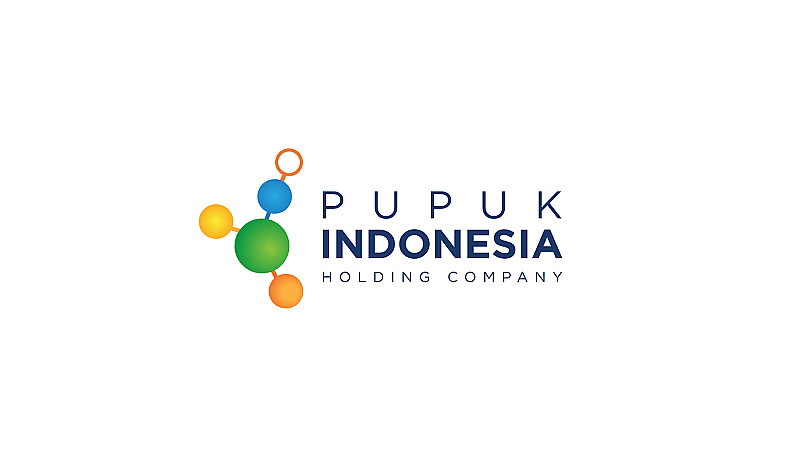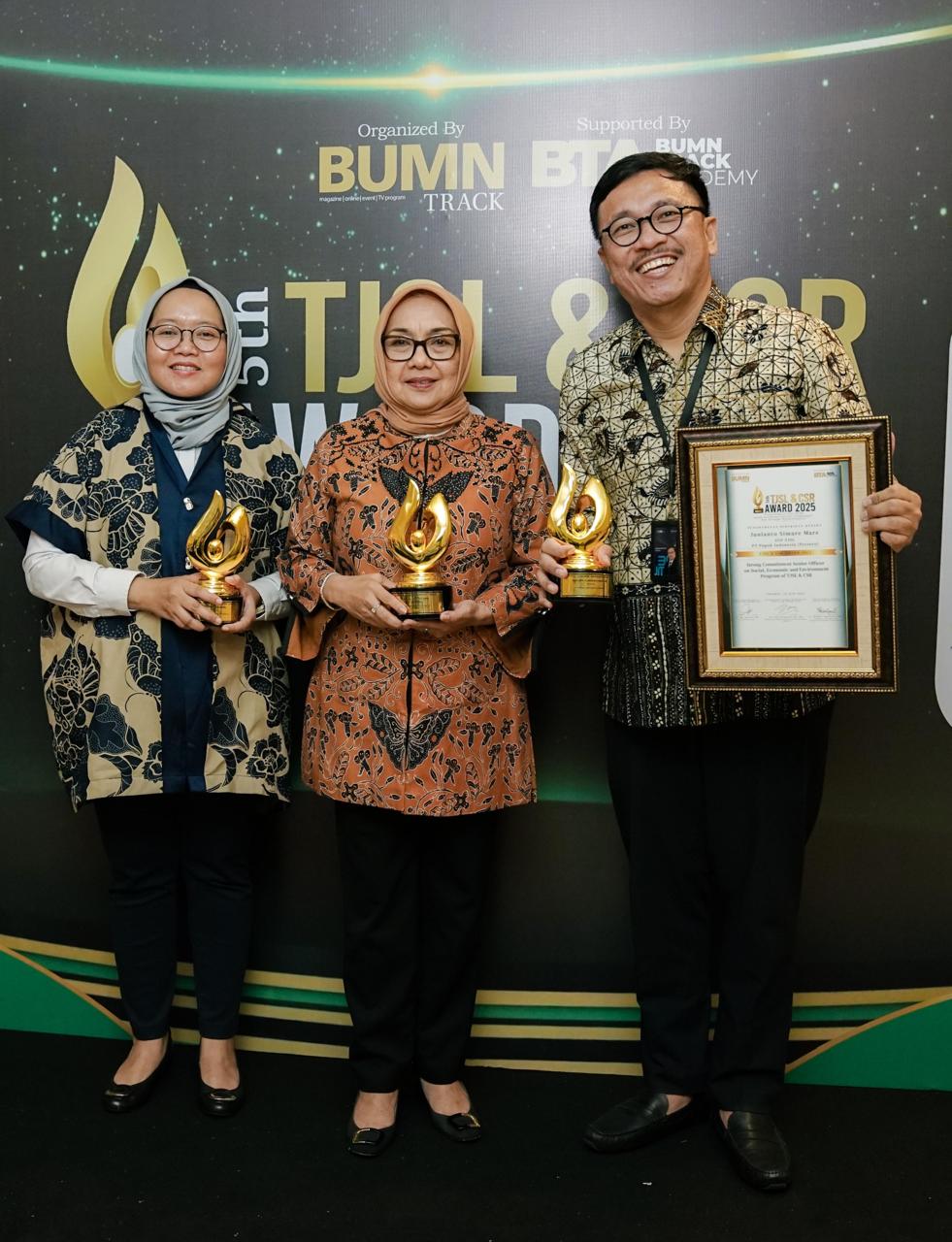Pupuk Indonesia Ungkap Harga Gas Bumi Jadi Salah Satu Kunci Kemandirian Pangan

Jakarta, 7 Maret 2024 - Kebijakan pemerintah terhadap harga gas memberikan dampak signifikan bagi sektor industri, terutama industri pertanian. Salah satu sektor yang sangat dipengaruhi oleh kebijakan harga gas adalah industri pupuk, yang memainkan peran penting dalam mendukung produktivitas pertanian dan ketahanan pangan di Indonesia.
Kebijakan Harga Gas Bumi Tertentu (HGBT) telah diberlakukan Pemerintah kepada tujuh industri sejak 2020, salah satunya adalah industri pupuk. Selaku produsen pupuk terbesar di tanah air, Pupuk Indonesia menilai kebijakan HGBT mendukung Perusahaan dalam menjaga ketersediaan dan keterjangkauan pupuk bagi petani. Selain itu, pupuk berbasis gas alam seperti Urea, NPK, dan ZA, akan membantu meningkatkan produktivitas berbagai jenis tanaman pertanian, perkebunan, hortikultura, dan sebagainya.
Rahmad Pribadi, Direktur Utama Pupuk Indonesia menyatakan bahwa gas menjadi bahan baku penting untuk menjamin ketersediaan, keterjangkauan pupuk dan ketahanan pangan nasional. “Kaitan antara pupuk dan ketahanan pangan sangat jelas. Secara konsensus umum, tanaman pangan bila tidak diberikan pupuk berbasis gas N (Nitrogen), produktivitasnya dapat turun 50%, padahal Indonesia punya sumber gas. Dengan kapasitas produksi 14,5 juta ton pertahun, Pupuk Indonesia tentunya siap mendukung produktivitas industri pertanian lewat pupuk,” demikian ungkap Rahmad dalam acara IDE Katadata 2024, Jakarta, Selasa (5/3/2024).
Pupuk Indonesia mengungkapkan penerapan kebijakan HGBT menghasilkan efisiensi biaya konsumsi gas sekitar Rp10,91 triliun pada tahun 2022. Dengan HGBT, produksi pupuk dalam negeri menjadi lebih kompetitif, sehingga pemerintah bisa menetapkan volume atau alokasi pupuk bersubsidi secara optimal. Hal ini merupakan langkah yang sangat membantu Pupuk Indonesia yang mendapat amanat untuk menopang ketahanan pangan nasional lewat penyediaan pupuk berkualitas dan terjangkau.
Oleh karena itu, Pupuk Indonesia menyadari pentingnya keberlanjutan HGBT dimana perlu regulasi harga gas agar tetap dapat kompetitif dalam mendukung ekspansi kapasitas produksi pupuk bersubsidi. Dengan kondisi ini, produktivitas industri pupuk dapat ditingkatkan secara signifikan.
Hal ini selaras dengan kebijakan baru yang telah ditetapkan oleh Presiden Republik Indonesia, Joko Widodo terkait peningkatan alokasi pupuk subsidi dari 4,7 juta ton menjadi 9,55 juta ton sepanjang tahun 2024. Penetapan kebijakan tersebut dapat menjadi salah satu langkah penting dalam mendukung produktivitas para petani.
Petani, sebagai ujung tombak produksi pangan, sangat rentan terhadap fluktuasi harga dan ketersediaan pupuk. Bila harga pupuk melonjak, petani bisa terdorong untuk mengurangi penggunaan pupuk yang bisa berdampak pada produktivitas panen atau bahkan memilih untuk tidak menanam, yang pada akhirnya akan berdampak pada produksi pangan nasional. Diketahui, kebijakan akan berakhir di tahun 2024.
“Bagi kami di industri pupuk, yang menjadi kekhawatiran terkait ketahanan pangan adalah setelah tahun 2024. Karena agroinput sumbernya adalah gas. Seperti yang diketahui, kebijakan harga gas bumi tertentu terhadap industri pupuk akan berakhir di 2024. Bila kebijakan HGBT tidak dilanjutkan, dari sisi ketersediaan mungkin tetap ada, tetapi dari sisi keterjangkauan bagi petani akan menjadi pertanyaan,” tutup Rahmad.






.jpeg)
.jpeg)